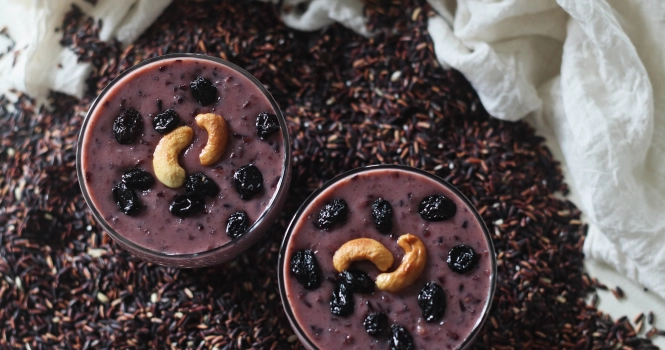Aerated drinks, also popularly known as soft drinks, carbonated beverages, or sodas, are a staple in modern diets, known for their refreshing fizz and enticing flavors.
These beverages are carbonated through the addition of carbon dioxide under pressure, creating that signature effervescence that many find irresistible.
While aerated drinks may offer momentary pleasure and refreshment, it’s crucial to delve into their nutritional aspects and understand the potential health implications they carry.
What Makes a Drink “Aerated”?
At the heart of every aerated drink is carbonation, a process that involves dissolving carbon dioxide gas in water, creating carbonic acid. This gives the beverage its signature fizz and tangy taste.
The carbonation process can occur naturally, as in the case of some mineral waters, or artificially, which is more common in the soft drink industry.
The typical components of an aerated drink include carbonated water, a sweetener, flavors, colors, and often caffeine and preservatives.
While these beverages can be incredibly refreshing, especially on a hot day or as a mixer in social gatherings, their health effects have been a topic of discussion and research for decades.
The Nutritional Content of Aerated Drinks
One of the primary concerns with aerated drinks is their high sugar content. A typical can of soda can contain upwards of 9 teaspoons of sugar, significantly contributing to daily sugar intake.
Regular consumption of such high-sugar beverages can lead to various health issues, including weight gain, dental problems, and an increased risk of chronic diseases like diabetes and heart disease.
Health Implications of Regular Consumption
Weight Gain and Obesity
The high caloric content from sugars in aerated drinks can contribute to weight gain and obesity when not balanced with physical activity. Obesity is a risk factor for numerous health conditions, including heart disease, diabetes, and certain types of cancer.
Dental Health Concerns
Aerated drinks are acidic, which can erode tooth enamel over time, leading to dental cavities and decay. The sugar content further exacerbates this issue, providing food for harmful bacteria in the mouth.
Increased Risk of Type 2 Diabetes
Regular consumption of sugary aerated drinks has been linked to an increased risk of developing type 2 diabetes. These beverages can lead to spikes in blood sugar levels and insulin resistance over time.
Potential for Caffeine Dependence
Many aerated drinks, particularly colas and energy drinks, contain caffeine. While moderate caffeine intake is safe for most people, excessive consumption can lead to dependence, insomnia, and increased heart rate.
Choosing Healthier Alternatives
Given the potential health risks associated with aerated drinks, considering healthier alternatives is wise. Water is the best choice for hydration, but for those looking for a bit of flavor or fizz, options abound:
- Sparkling Water: Carbonated water without added sugars can offer the fizziness of sodas without the negative health effects.
- Flavored Water: Infusing water with fruits, herbs, or cucumbers can provide a refreshing taste.
- Herbal Teas: Both hot and iced, herbal teas offer a variety of flavors without the added sugars.
- Diluted Fruit Juices: While fruit juices can also be high in sugars, diluting them with water can reduce sugar intake while still providing some flavor.










